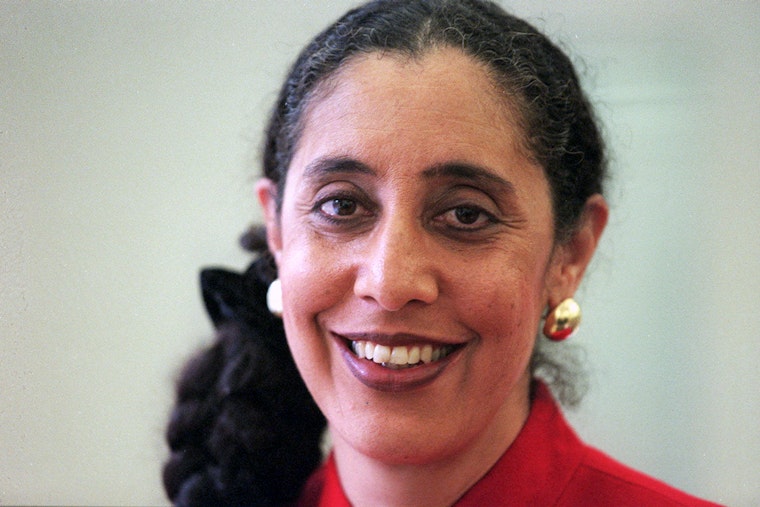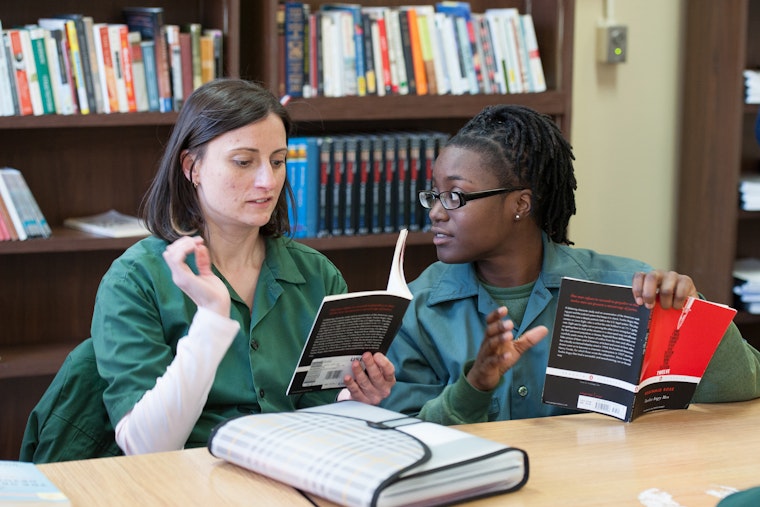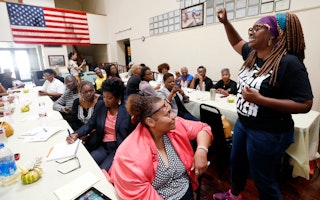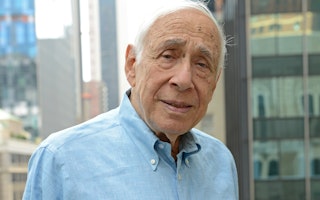Lani Guinier’s Overlooked Education Legacy
By Leon Botstein

Much has been written in remembrance of Lani Guinier, the groundbreaking scholar and civil rights lawyer who passed away January 7. Overlooked in many of the tributes to her life and career was the profound impact she had on the Open Society Foundations’ thinking about education in the United States.
Guinier served as a member of the advisory board of Open Society’s U.S. Programs. Throughout her many years of leadership on the board, among recurring themes she struck was how indispensable an equitable and excellent public education system—from preschool to post-secondary education—was to American democracy. She believed that that we, as a nation, had failed miserably to realize the promise of education for democracy, particularly for the poor and people of color.
She expressed a principled, consistent belief in the power of education to shape not only an individual’s private life, but politics as well. Her emphasis was not only on the question of access—the inequities, barriers, and deficits created by race and class. What distinguished her arguments was a keen recognition of how bad our system of schooling and learning was for everyone.
She attacked standardized testing not only because it was patently discriminatory, but also because it upheld, for all schoolchildren, a shockingly low standard. The testing systems, and their attendant textbook curricula, trivialized what might be taught and learned, by both the privileged and the underserved alike. She was critical of teacher preparation and state mandated standards. At the college level, she valued the ideals of critical inquiry and liberal learning.
At Open Society, she took the lead in arguing that the Foundations should support higher education for the incarcerated. In particular, she advocated a proposal to fund a major challenge grant to the Bard Prison Initiative that developed a means of offering a liberal education leading to a Bachelor of Arts degree inside our prisons. After the Bard Prison Initiative began to receive national attention, she persuaded the Open Society board that the problems the Bard Prison Initiative was addressing needed to be placed on the national policy agenda.

The idea was controversial. The debate over whether offering higher education in the prisons—particularly in the liberal arts, and not in a specific trade—was a priority and a good fit with Open Society was a classic example of early decision-making at the Foundations. Aryeh Neier, then Open Society’s president, was skeptical. He doubted the impact and found the idea too expensive on a per capita basis; he thought it was not replicable, and therefore would have a marginal impact on the overwhelming need to reform the prison system, improve re-entry, and help the incarcerated. Public money would never be invested in higher education for the incarcerated.
I, of course, represented the opposite point of view, and Bard College, the institution seeking the grant.
George Soros, the Foundations’ founder and chair, relished the controversy. Aryeh and I exchanged lengthy emails, copying Mr. Soros, with closely argued positions in an extended back and forth debate, much like two lawyers presenting arguments before a judge. Ultimately, the matter came before the U.S. Programs board.
The decisive voice in the decision to fund the Bard Prison Initiative was Lani Guinier’s. She respected Aryeh’s arguments and doubts, but she urged Open Society to take a large risk on behalf of the value of liberal learning for all, particularly the most excluded and disadvantaged. In the end Mr. Soros, persuaded by Lani, decided to fund higher education in the prisons. And for his part, Aryeh was not only gracious but helpful in making the grant from Open Society happen. It led to the establishment of the Consortium for the Liberal Arts in Prison, which has cultivated, established, and invested in emerging college-in-prison programs at an extraordinary collection of colleges and universities.
As a result of Open Society’s support, higher education in prison has experienced a genuine renaissance. Bipartisan support led the restoration of Pell eligibility for people in prison in 2020. State after state is restoring funding. After President Clinton’s 1994 crime bill became law, education was essentially banished from prisons nationwide. Because of Lani’s stalwart advocacy efforts, Wesleyan University, Goucher College, Grinnell College, Boston College, the University of Notre Dame, Washington University in St. Louis, and Yale University, among others, are all engaged in offering higher education to the incarcerated.
Lani Guinier’s faith in the capacity of all people at every station of life to achieve extraordinary things through education was an inspiration. She believed in our ability to radically redirect the purpose of public institutions so that real progress might be made in advancing equity in access to education, and in elevating the quality and substance of that education.
For Lani Guinier, education was a fundamental and universal human and civil right.

Leon Botstein is president of Bard College and a member of the Open Society Global Board.

